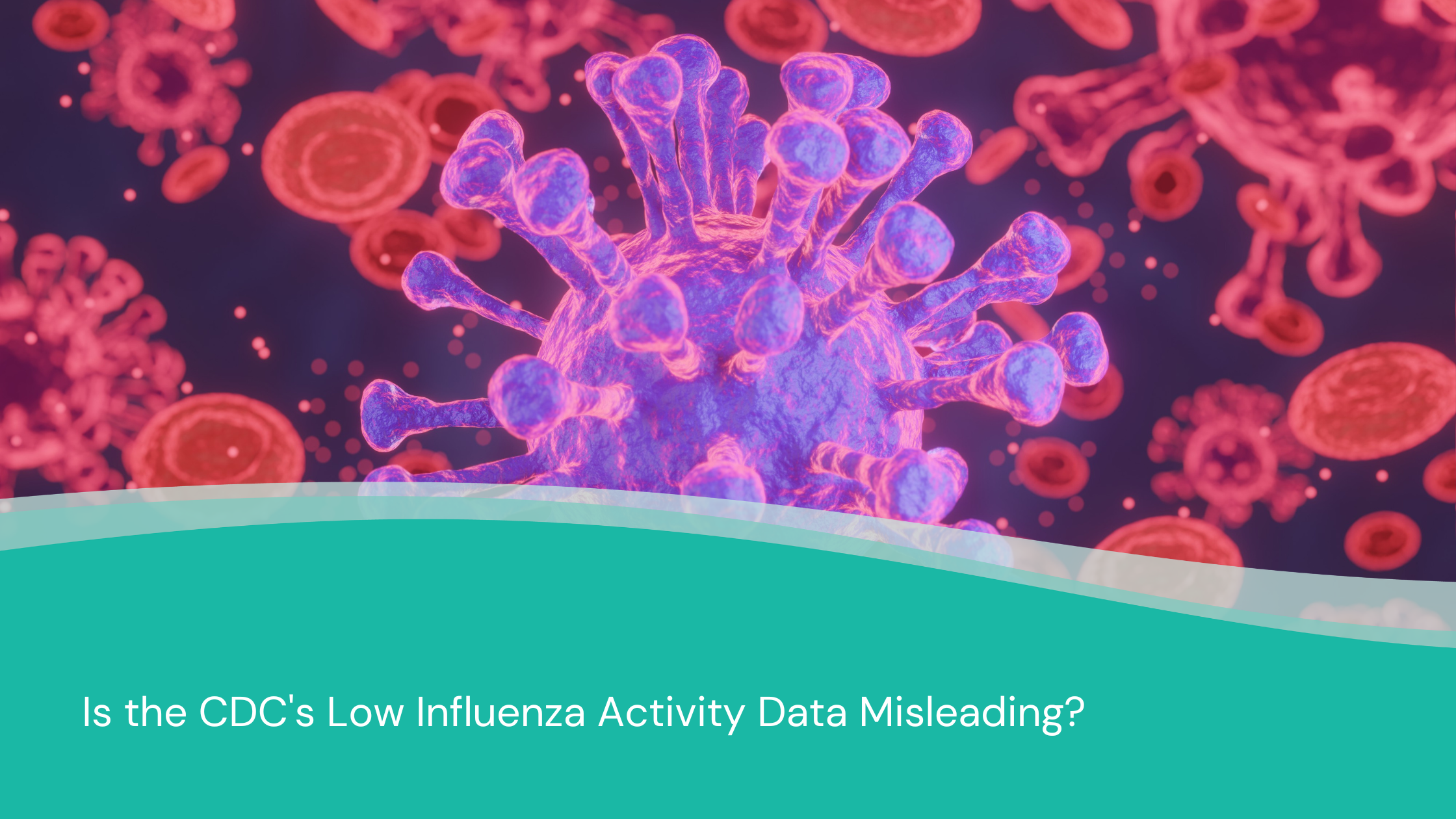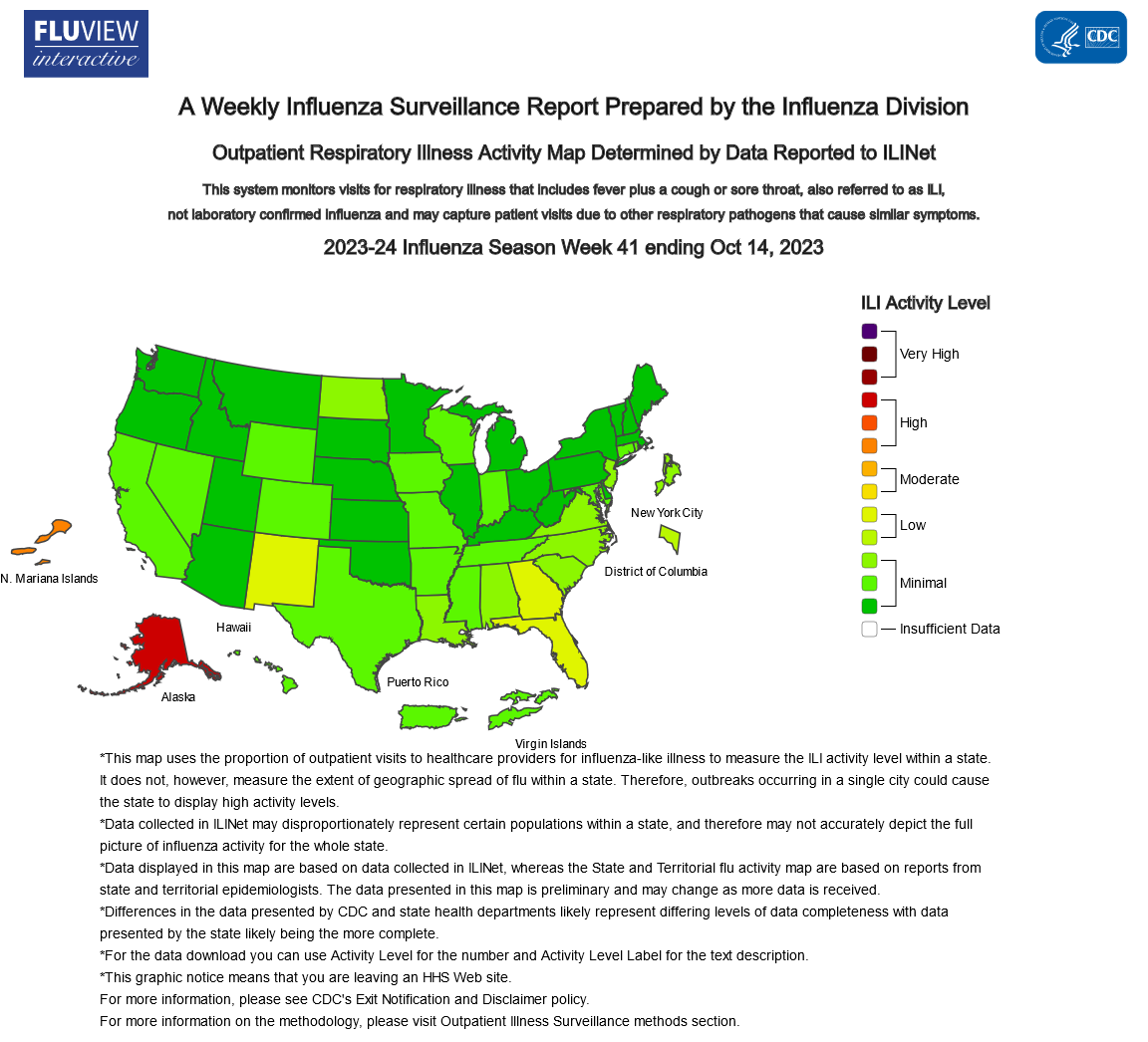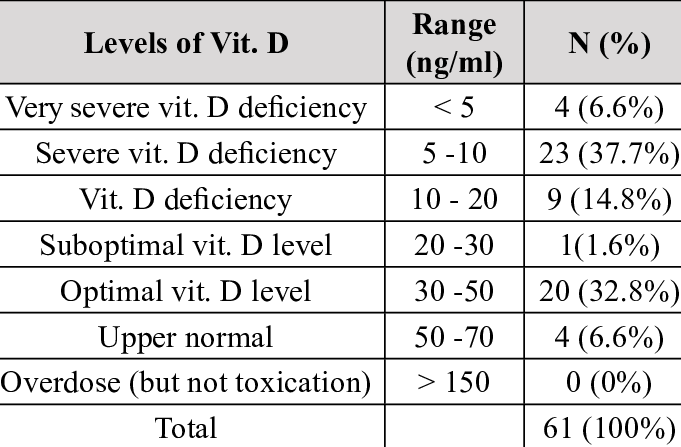When Disaster Strikes, It’s Not Hunger or Thirst That Takes the First Lives In every disaster zone, from hurricanes in the Caribbean to war zones in Ukraine, the pattern is the same. People worry about food and water, but it’s infection that kills first. A small wound...
Fight Colds and Flu Symptoms with These Natural Treatments
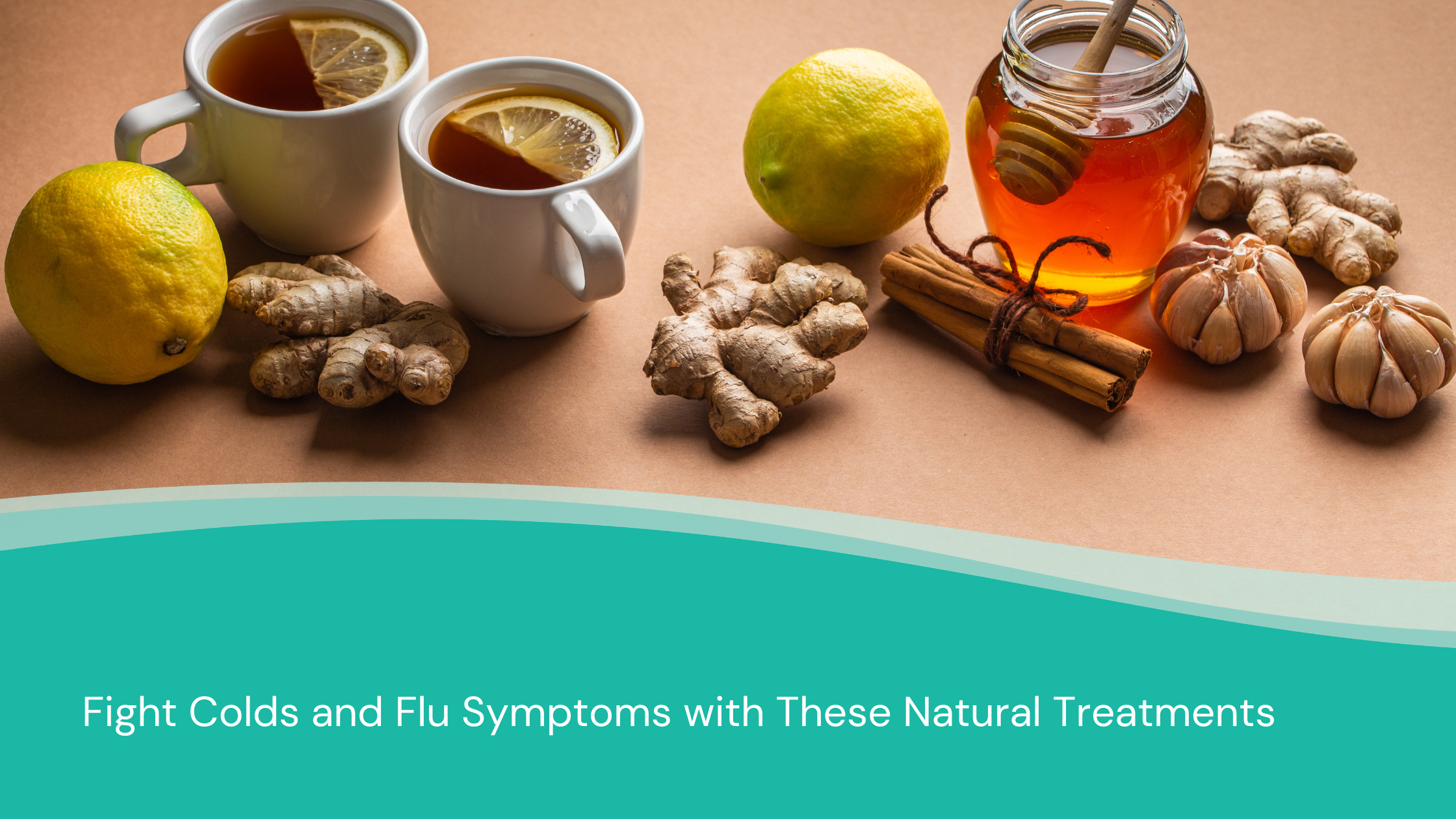
Along with over-the-counter medications to relieve the symptoms of colds and flu, there are some effective, research-based remedies to reduce cold and flu symptoms, and in some cases help prevent the onset of colds and flu.
Before modern medicine, our ancestors had to rely on home remedies. Below are a few over foods, supplements and treatments used in the past to prevent and relieve symptoms of colds and flu. They can have their place alongside our over-the-counter drugs to relieve cold and flu symptoms.

Honey – cough suppressant and antibacterial
Honey has a variety of antibacterial and antimicrobial properties. Honey has been found to be an effective cough suppressant. Raw honey has a variety of antibacterial properties. Honey may contain botulism spores that are usually in a small enough amount to not bother older children and adults, however: do not give to children under the age of 1. Their immune system isn’t mature enough to fight off the spores. When using honey, buy raw, local honey if possible.
Garlic – powerful antiviral
Since ancient times, garlic has been used to prevent and treat infectious diseases. Garlic in its raw form has powerful antiviral properties called active organosulfur compounds (OSCs). Evidence points to its ability to prevent viral infections, such as colds and flu. According to the Johns Hopkins website on Lupus,(lupus is an autoimmune disease) garlic should be avoided due to its active ingredients- allicin, ajoene, and thiosulfinates, which can overstimulate your immune system.
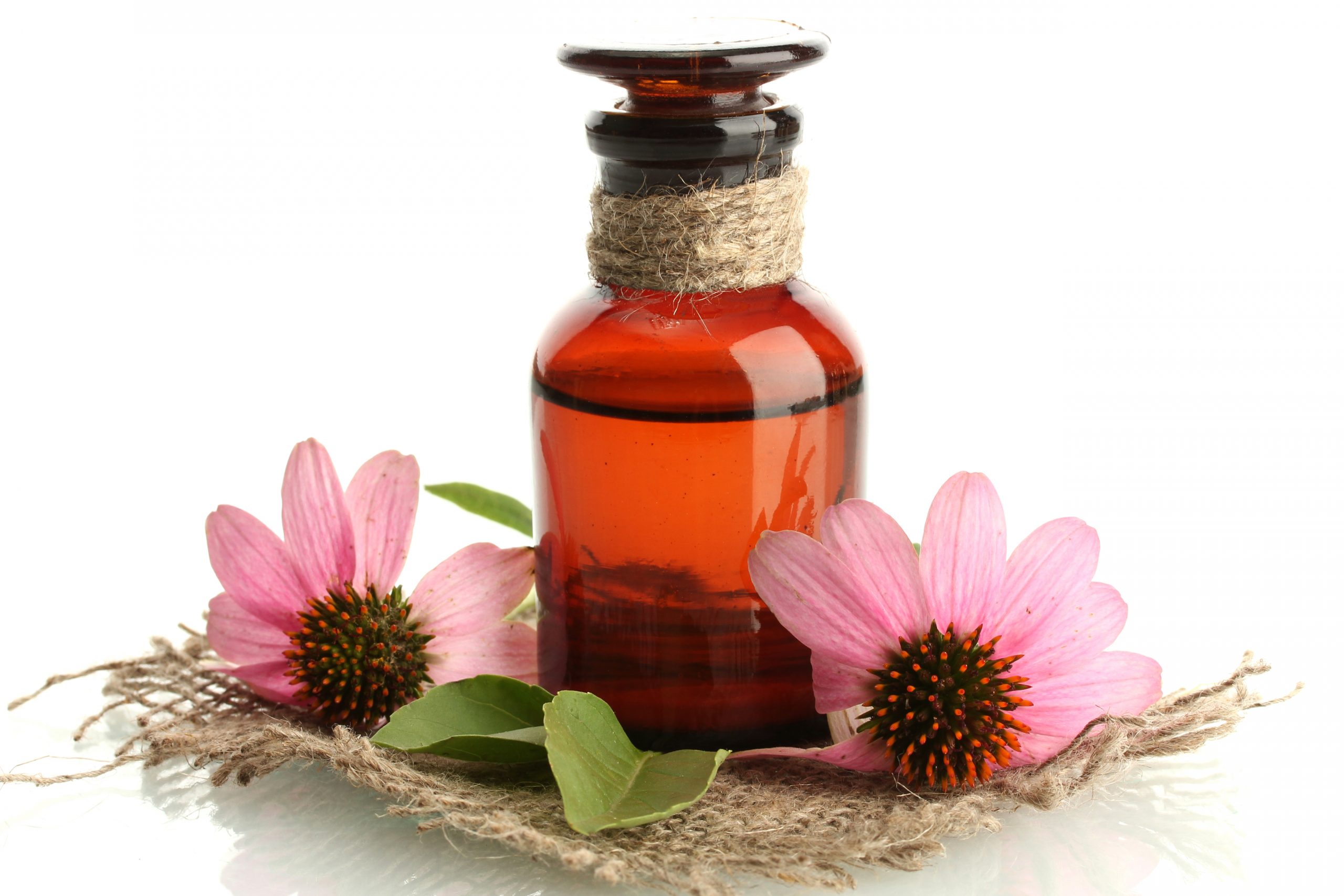
Echinacea – immune system booster
Echinacea is a flowering plant that grows in the U.S. and Canada that has been used as medicine for centuries.
Native Americans have long used the herb and root of the echinacea plant for medicinal purposes.
Echinacea contains various bioactive compounds, including alkamides, polysaccharides, and caffeic acid derivatives, which can boost your immune system and reduce inflammation.
Caution: Care must be taken if autoimmune disease is present as echinacea, by its very nature of activating the immune system, could trigger a flareup of autoimmune disease. According to the Johns Hopkins website on what to avoid when diagnosed with Lupus (an autoimmune disease), just like garlic, echinacea can overstimulate the immune system and bring on an autoimmune flare.
Vitamin C is an antioxidant that plays an important roles in your body, including supporting the immune system. It is also valuable in treating respiratory and allergic responses because of its anti-inflammatory effects. It is best to get your vitamin C from foods, however that isn’t always possible.
Good dietary sources of vitamin C include:
- citrus fruits
- red peppers
- green leafy vegetables, such as broccoli
Rosehips are a good source of vitamin C. Boil and strain rosehips and sip on the tea. Add honey and lemon juice to boost immunity, calm a cough and clear phlegm.
Probiotics – enhance immunity
Probiotics are “friendly” bacteria and yeast that are present in your body, some foods, and supplements. They support protein breakdown, fight inflammation, and enhance immune function.
Sauerkraut and other fermented vegies offer a powerhouse of health benefits. Irritable bowel patients (IBS) sufferers have reported relief of symptoms.
Probiotics can keep your gut and immune system healthy and may reduce your chance of getting sick with an upper respiratory infection and shorten duration of an infection. When purchasing probiotics, select one that has active colony forming units (CFUs) and has probiotic count in the billions.The probiotics that can help with cold and flu symptoms are in the Bacillus , Lactobacillus, and Bifidobacterium species.
Caution must be taken with people who are undergoing any chemo or immune therapy. Always consult your primary care provider.
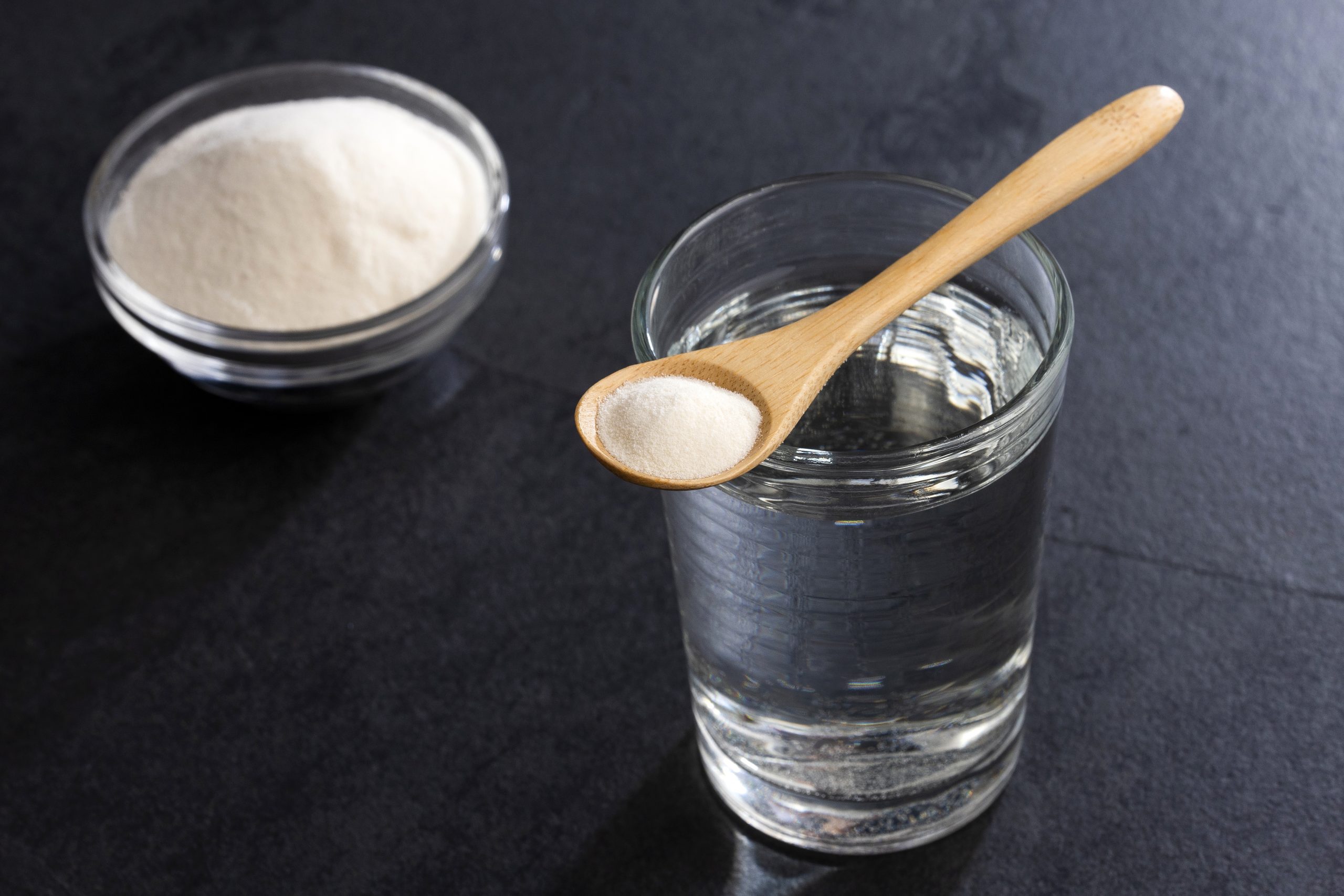
Saltwater gargle – can reduce and loosen mucus, which contains bacteria and allergens.
- Dissolve 1 teaspoon of salt in a full glass of water.
- Swish it around your mouth and throat.
- Spit it out.
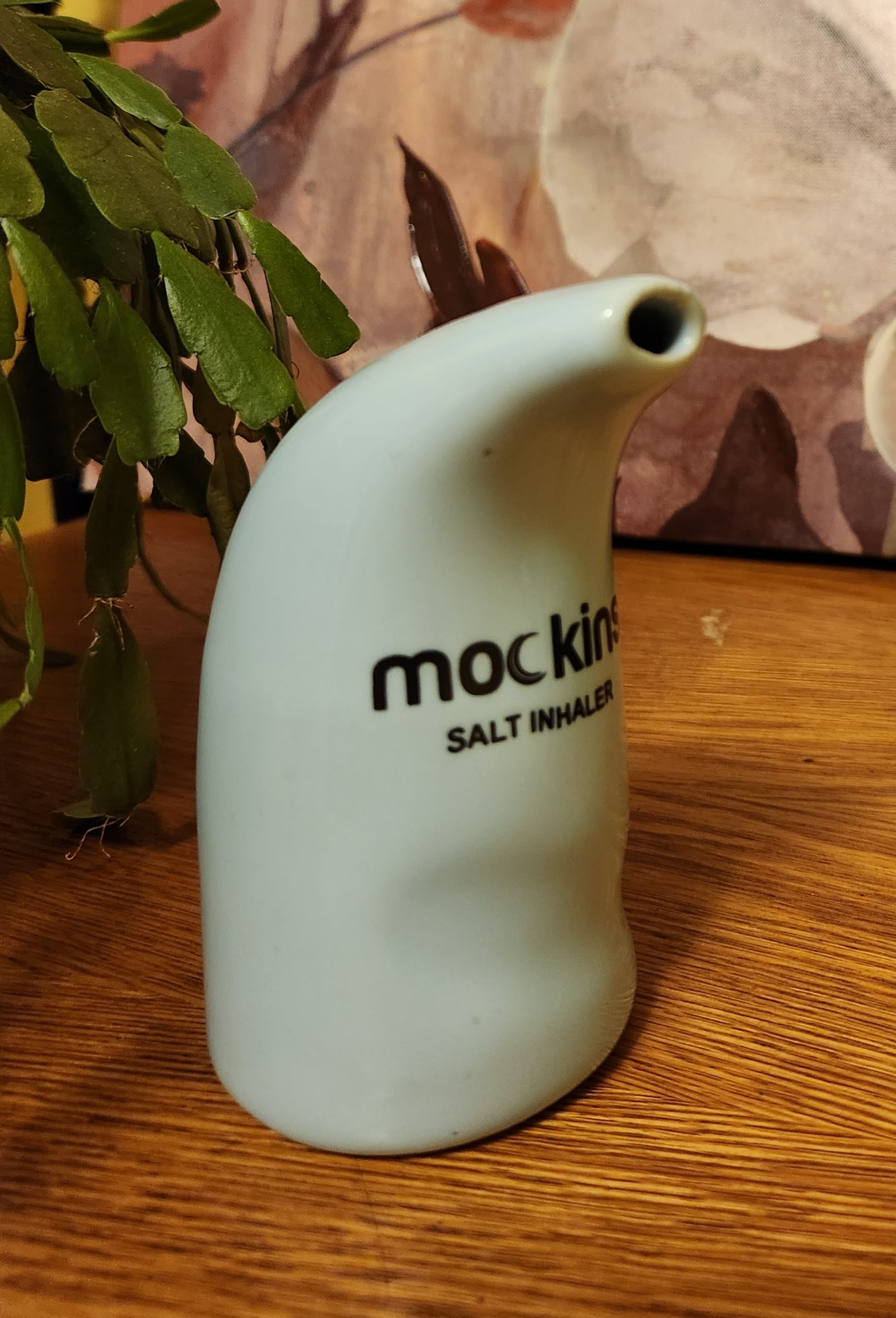
Salt pipe – an inhaler containing salt particles that provides respiratory relief. Salt pipes can be used in salt therapy, also known as halotherapy.
In the mid-1800s, Polish physician Feliks Boczkowski observed that salt miners didn’t have the same respiratory issues prevalent in other miners. During World War 2 German physician Karl Spannagel observed his patients had improved health after having hidden in salt caves
Salt pipes can be used for respiratory conditions, such as allergies, asthma, and bronchitis by reducing inflammation in airways and soothing irritated bronchus. It is also effective in relieving symptoms related to COPD and mold exposure.
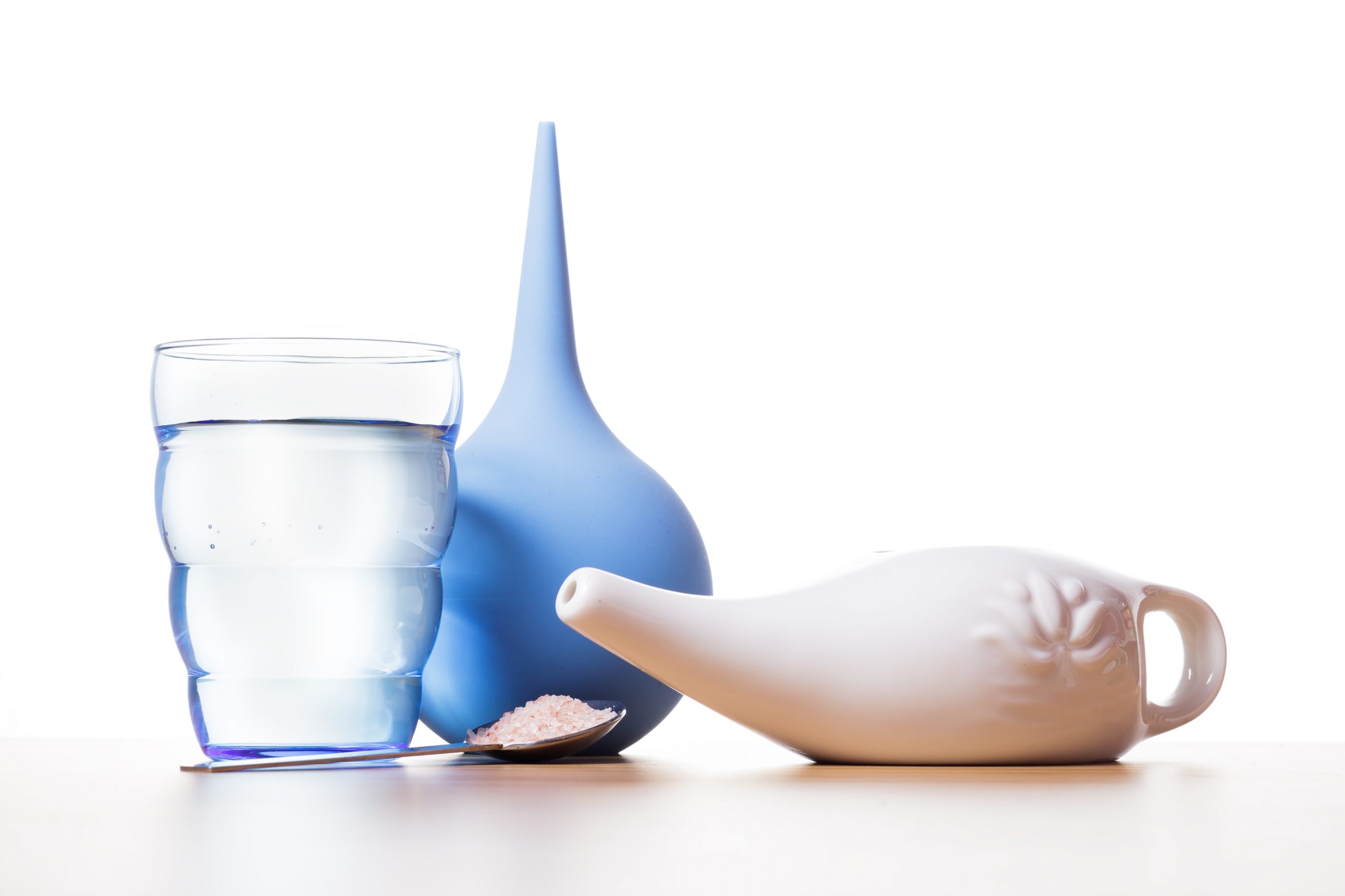
Neti pots and other nasal irrigation devices for nasal congestion, sinus pressure and allergic rhinitis relief.
Nasal irrigation devices — which include neti pots, bulb syringes, squeeze bottles, and battery-operated pulsed water devices — are usually safe and effective products when used and cleaned properly. The can relief allergic rhinitis, sinus congestion and pressure. Using a saline spray or a neti pot may help clear nasal congestion and it might help with some symptoms of an upper respiratory tract infection.
First, rinse only with distilled, sterile, or previously boiled water. Tap water isn’t safe for use as a nasal rinse because it’s not adequately filtered or treated. Some tap water contains low levels of organisms — such as bacteria and protozoa, including amoebas — that may be safe to swallow because stomach acid kills them. But in your nose, these organisms can stay alive in nasal passages and cause potentially serious infections. Check out the FDA site for more information on nasal irrigation.
- Brooke Lounsbury, RN
Medical Content Writer
Lifesaving Medications
Everyone should be empowered to care for themselves and their loved ones during the unexpected.
Recent Posts
Keeping you informed and safe.
Medical Readiness: What Really Kills First
Exploring Dr. William Makis’ Hybrid Orthomolecular Cancer Protocol: Focus on Ivermectin and Mebendazole/Fenbendazole
Exploring Dr. William Makis’ Hybrid Orthomolecular Cancer Protocol: Focus on Ivermectin and Mebendazole/Fenbendazole *Disclaimer: This article is for educational purposes and does not constitute medical advice. Always seek professional guidance.* In the evolving...
Be Prepared for Life’s Unexpected Moments
3 Reasons EVERYONE should have emergency medications avaiable. It's all about access—access to medications and care when you need it most. And when things happen outside of your control that access can disappear.Below are 3 examples of how easily this access can be...
Youth Preparedness: Teaching, Building, and Coping with Disasters
Educating and preparing your children ahead of time means fewer surprises in the event of an emergency.Growing Up Prepared: Empowering Youth in Disaster Preparedness As we observe National Preparedness Month, it's crucial to remember that disasters can strike at any...





